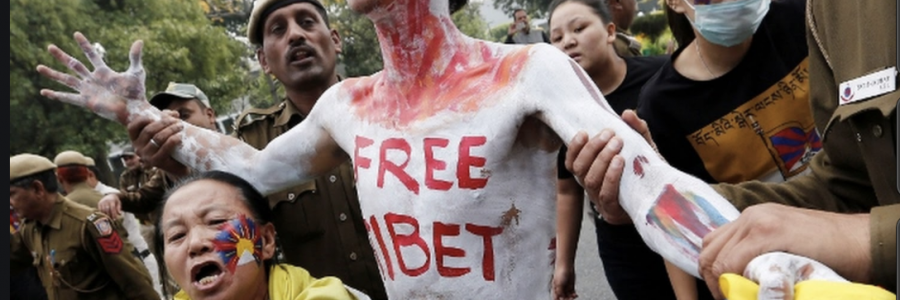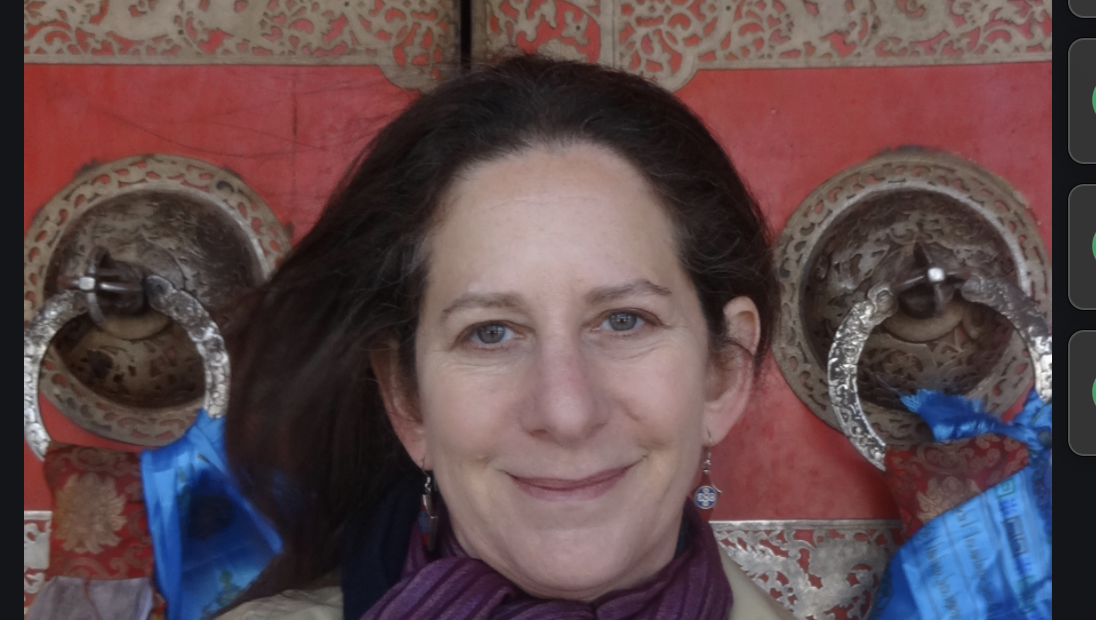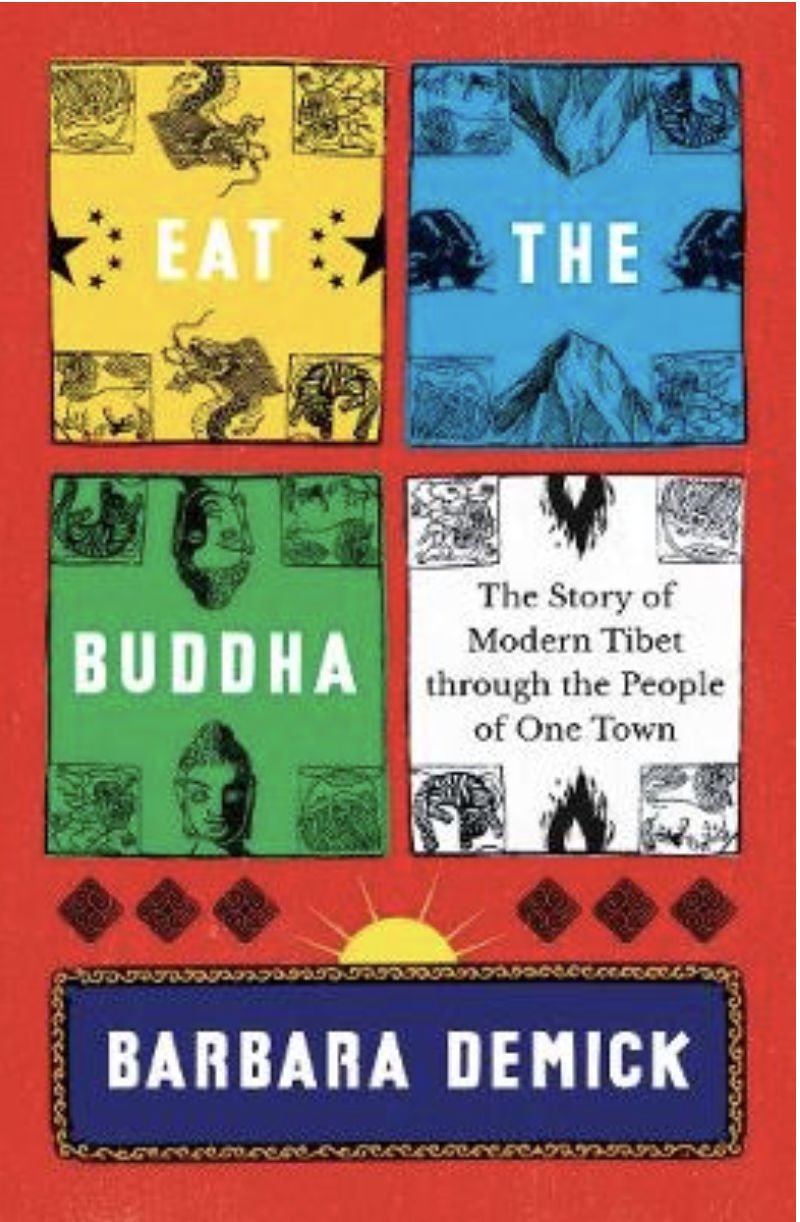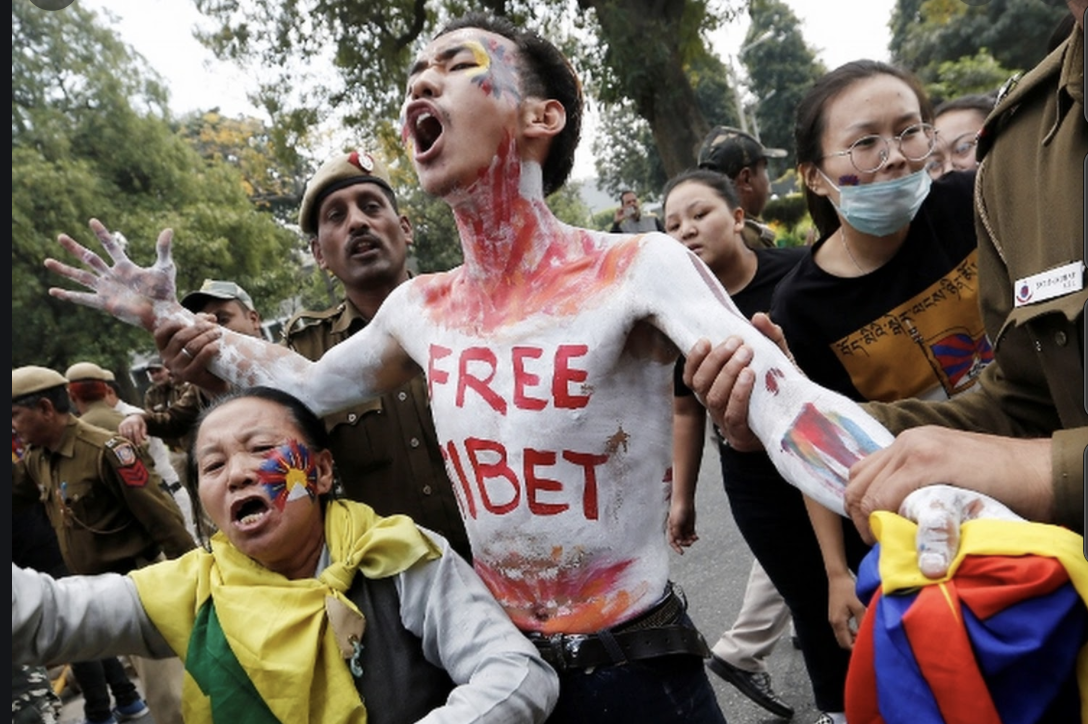
Tibetan Struggle



Ngaba, a town on the eastern part of the Tibetan plateau, witnessed a Buddhist Monk dousing himself in gasoline and set himself on fire, after calling out for the return of Dalai Lama from exile in India. Since then 156 Tibetans have self- immolated. While some have wrapped themselves in quilts and wire others drank kerosene so they burned from inside.
Demick , a former Beijing bureau chief of LA Times, tells the story of Ngaba and its tradition of rebellion and explains the current poisonous moment in China, with the crackdown in Hong Kong, ethnic cleansing in Xinjiang amid strident nationalism of Xi Jinping.
Demick was a reporter in China when protest broke out across Tibet in 2008, and was sent to Ngaba. On one trip demick explains “armed police were waiting for me at the check-in for a connection flight to a Tibetan town. I managed to make it up on to the Tibetan plateau by a different route, but as half day of reporting attracted attention of the local security bureau. They followed me everywhere in their black Toyota Land Cruiser intimidating everyone I tried to talked to into silence. When departing one offidal filmed me at the airport from the check in all the way to the aircraft, just to ensure I have left town.”
Demick still managed to put together a fascinating history of Ngaba since the Red Army first arrived in the region in the 1930s during the long March.
She also managed to talk to the exile community who followed Dalai Lama to Dharamsala in Northern India.
Gonpo, wearing robes with trimming of otter fur the daughter of the last Mel King, the semi-feudal leader of Ngada area before the Chinese invasion in 1951. She was forced to leave Ngaba in 1958, in Mao Zedong’s drive for collectivised agriculture that led to years of failed harvests.
Demick acknowledges many Tibetans welcome the economic progress that has come with being part of post Mao China.
She charts the mass migration of Han Chinese and destruction of larger part of the way the culture is passed between the generations. She also highlights the shakedowns Tibetans suffered from Chinese police, the ban, in effect, on getting a passport and the auctions of public land that excludes Tibetans.
Beijing has criminalised large part of Tibetan culture.
In March 2008, protests and riots not only became a pivotal moment for Tibet but also change China.
In 2008 Olympic boosted Chinese self-esteem and the financial crash shattered illusions about American omnipotence.
Although several demonstrations have been breaking out across Tibetan areas such extreme act of protest was extremely shocking, a rebuke to claim that Tibetan’s are happy under Chinese rule.
In 1950, China claimed sovereignty over Tibet, leading to decades of unrest and resistance as Tibetans continued to experience the struggle sessions of Mao’s Cultural Revolution.
Eat The Buddha: The Story of Modern Tibet Through the People of One Town by Barbara Demick, Random House $28/ Granta £18.99, 352 pages.
